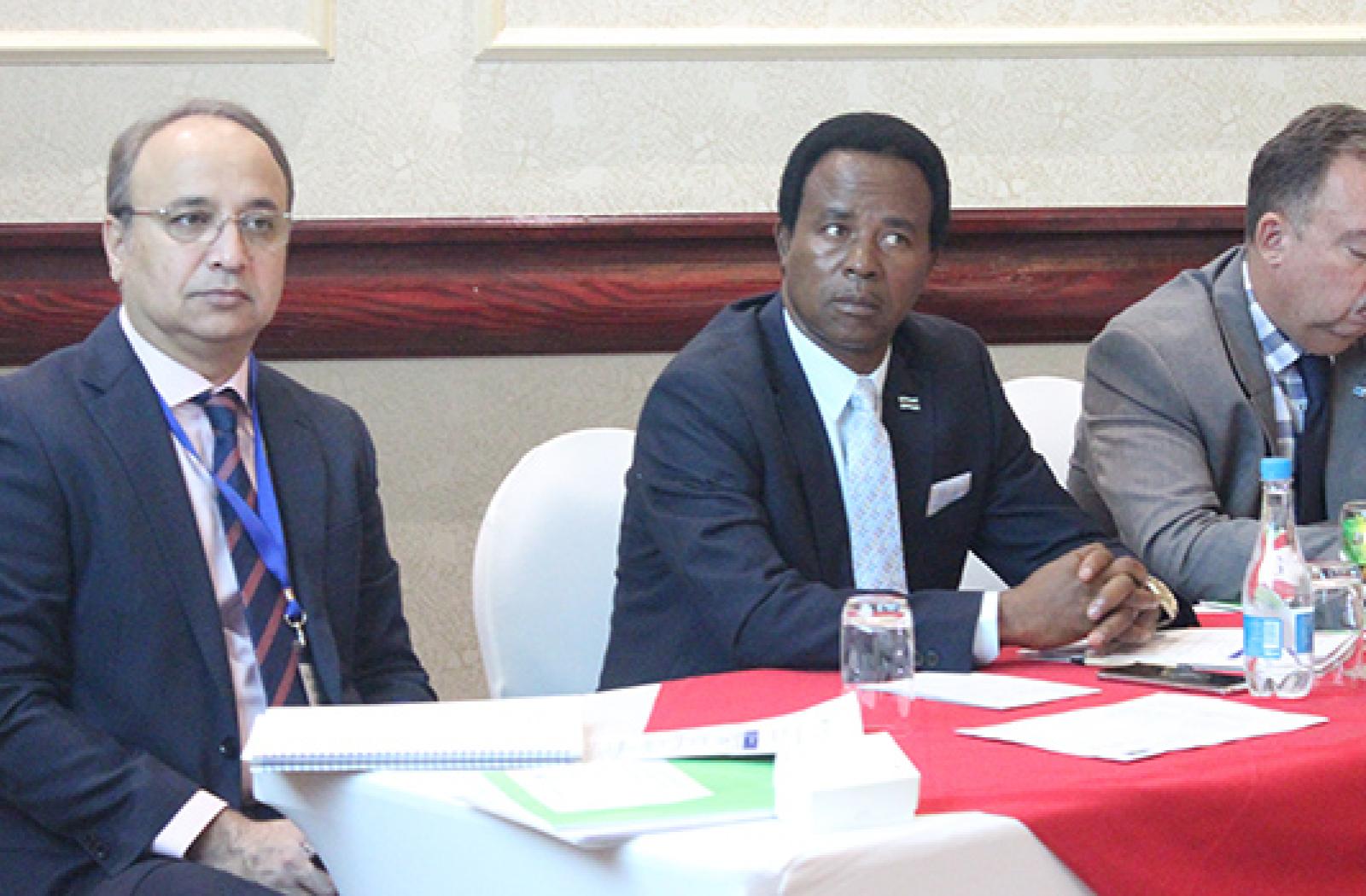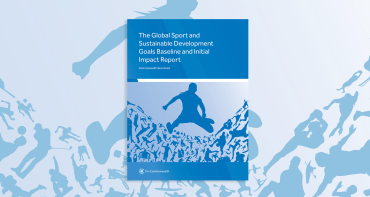Officials from Commonwealth countries in southern Africa are now better equipped to review their national education policies and deliver better quality inclusive education.

Officials from Commonwealth countries in southern Africa are now better equipped to review their national education policies and deliver better quality inclusive education.
The Commonwealth held a workshop in Botswana which brought together education officials from 10 southern African countries.
The workshop focused on the Commonwealth Education Policy Framework which offers policy makers advice on modernising education governance and delivery systems, to ensure policies realise the targets set in Sustainable Development Goal (SDG) 4 - quality education.
Opening the workshop, Botswana’s assistant minister for tertiary education, research, science and technology, Moiseraele Goya, said: “The participation in this workshop is an indication of the respective countries’ commitment to the continuing improvement of their education systems.
“When you get back home you are going to use the policy framework to strengthen your education policies and systems.”
One of the main challenges discussed was how to ensure young people acquire relevant knowledge and skills for employment or entrepreneurship.
A World Bank report reveals this challenge cannot alone be addressed by revising curriculum, but introducing a holistic approach covering education, governance and delivery related processes.
The Commonwealth developed this framework in consultation with member countries to provide inclusive and equal learning opportunities to all citizens.
Delegates from Botswana, eSwatini, Lesotho, Malawi, Mauritius, Mozambique, Namibia, Seychelles, South Africa and Tanzania attended the workshop in Gaborone.
Botswana’s deputy permanent secretary for the Ministry of Basic Education, Simon M. Coles, said: “We are challenged, like many countries, to implement the SDGs. We have come a long way to provide universal access to primary education.
“We have challenges to provide quality secondary education and also to provide 12 years of general education to all.”
Mr Coles hopes the framework will help his country improve policies to ensure Botswana delivers quality education for all young people.
Countries presented the opportunities and challenges of education policy, planning and management. Opportunities include the government’s willingness to implement SDG 4 and the growing partnerships between the public and private sectors. They also covered challenges such as implementing policies, lack of data collection and analysis, limited guaranteed funds and inadequate resources in rural areas, which make equitable education difficult to access.
Raphael Agaby, director of the inspectorate and advisory services at Malawi’s Ministry of Education, Science and Technology, said: “The Commonwealth framework has been very instrumental in clarifying the desired alignment of the Malawi education specific systems within framework and priorities of the SDG 4.”
The Commonwealth’s education advisor Nasir Kazmi added: “This week, we will also roll out the Commonwealth Technical and Vocational and Education and Training self-assessment toolkit in Botswana, involving the country’s ministries responsible for education, youth and employment.
“The assessment report will make specific recommendations for addressing policy gaps and issues in any of the six areas of the toolkit: governance, employer engagement, occupational standard, qualification standards, quality institutions, and delivery and assessment.”


